#asadora drama
Explore tagged Tumblr posts
Text

#kanna hashimoto#hashimoto kanna#橋本環奈#jactress#j-actress#japanese actress#omusubi#rice ball#jdrama#j-drama#japanese drama#asadora drama#behind the scene#behind the scenes
19 notes
·
View notes
Text
I started watching J-dramas in 2020 during Covid Lockdowns. At a time when I hit rock bottom, lost my job, lost the girl I wanted to marry, lost the chance to travel (flights were cancelled), lost my purpose, lost my mind, I had no idea what was going on.
I tried watching Western shows like I always did for many years since I was a teenager but somehow I could not find solace in them. I tried watching other shows like K-dramas to see what the hype was all about and C-dramas out of curiosity but I still felt empty.
Then I remembered the first J-drama I watched as a kid with my mum, Oshin (1983). She loved that asadora drama that she never failed to miss even one episode out of like 300! It always played on TV in the late weekday afternoons after school so there I watched.
I didn't remember or understand the story then but I remembered the places shown, and I was mesmerized. I was thinking, is there such a beautiful place? Then I started watching Tokusatsu on weekends which was played on TV which showed many similar places.
And for some reason, it was the most relaxing feeling I ever felt. Wanting to feel that again, I started re-watching them and nostalgia started running through my memory. I'm not exaggerating but I really felt at peace watching them, no longer feeling empty.
That's when I started watching more J-dramas of various genres, asadora, taiga (period), comedy, slice of life, crime. I got addicted to every one of them that I felt like I was traveling to Japan in the midst of lockdowns. And watching them made me feel happy.
The stories brought grief and joy but it helps me reconnect with my own emotions or process trauma. It's healing and inspiring. There are times it makes me forget reality and there are times it reminds me of it, but in a good and inspiring way, making me feel there is hope.
Watching the characters going through their lives makes me rethink my own and re-look at them from a different perspective. It makes me think of things I never thought of before, that it helps me to solve my life problems with a different approach.
The characters and stories may be fictional, but the struggles and problems are relatable and universal. How they react to life changing events, the people they interact with in daily lives, their life circumstances closely reflects the real ones.
Stories told from Asian perspectives, in terms of work life, relationships, anxieties, depression, mental health, struck a chord with me, an Asian, feels closer to home. As the way Asian culture deals with these things is different from the West.
I never felt such a level of happiness or sadness watching any shows but J-dramas. They showed me that nothing is permanent in life, both the good times and the bad times. They showed me how to treasure the good times and move on from the bad times.
I’ve watched 400 J-dramas in 4 years! They made me start learning Japanese and made me stop watching Western shows ever since (not all but most). I guess you could say it is one form of therapy which makes me able to express and experience emotion again.
Because if you’ve suffered from anxiety and depression, you know that you don’t feel alive. You don’t feel happy but you don’t feel sad either. You just feel empty. Watching J-Dramas make me feel like, hey, I’m not alone, they are going through this type of thing too!
#jdrama#j drama#dorama#japanese drama#japan#asadora#taiga drama#period drama#tokusatsu#mental health#therapy
24 notes
·
View notes
Text




どうする家康 (2023) Episode 26 subtitles by Avallac'h
#guys i promise i won't spam taiga dramas as much as asadoras#matsumoto jun#松本潤#dou suru ieyasu#どうする家康#taiga drama#大河ドラマ#taigadramaedit#jdrama#jdramaedit#jdramasource#jdramaflow
20 notes
·
View notes
Text





おちょやん (2020) Episode 25
#this drama reminds me of glass mask in some ways :') i love it#sugisaki hana#杉咲花#wakamura mayumi#若村麻由美#ochoyan#おちょやん#asadora#朝ドラ#asadoraedit#jdrama#jdramaedit#jdramasource#jdramaflow
22 notes
·
View notes
Text







10 notes
·
View notes
Text


おちょやん (2020) Episode 107 Subtitles by HPriest
#this was supposed to go on asadoras but i decided to keep it for myself#no one understands how much i like this oshiro dude. i have watched 10 dramas + movies with him and i love all of his characters#well aside from one role in that ozu show. that was just whatever.#but kanji is so important to me. this brief moment almost broke me because he was so happy to know that his mom is well and alive#that she's back to acting her lifeline. i wonder if he was sad too. that he can only hear her voice and witness her from afar#i hope they get a reunion... well onto the next ep!#前田旺志郎#おちょやん#2020s#j
6 notes
·
View notes
Text

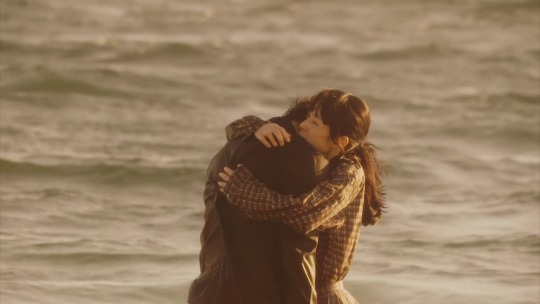
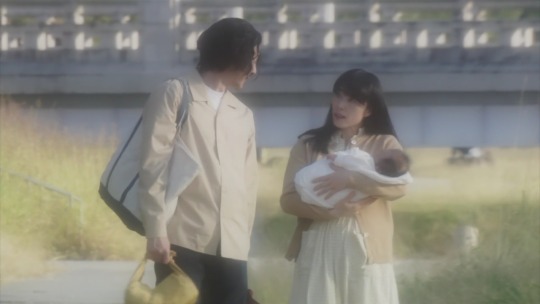

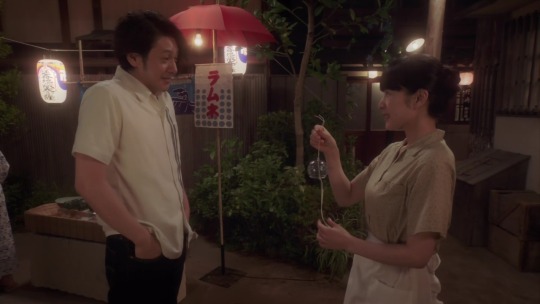
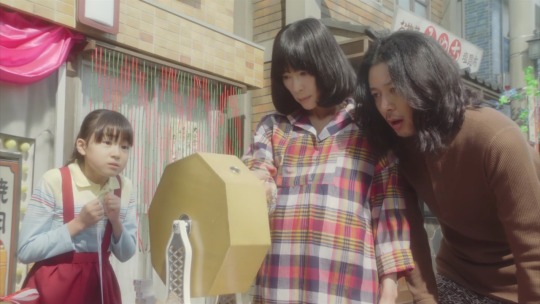
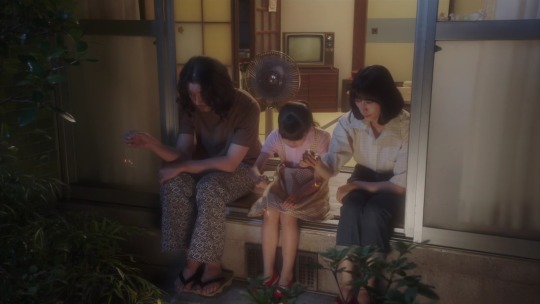
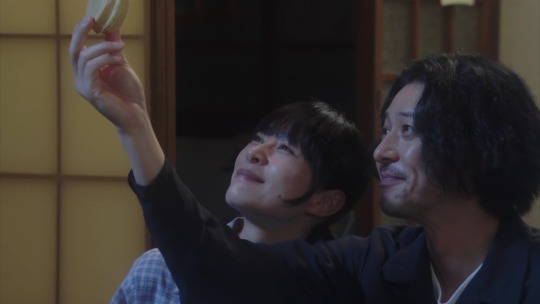
2 notes
·
View notes
Text
I'm so sad that amazing asadora dramas like "Ochoyan" never got finished being subbed.... Like, bro, I was getting really into show, and I was loving Chiyo and following her journey! But it seems like the drama was subbed only up to episode 40. There's 115 episodes :/.
And for whatever reason, the drama "Ranman" isn't fully uploaded with subs. Apparently, there's actually more than 60 episodes, but sites only have it up to 20. Hmm.... This is another drama I was really enjoying, as well. What is going on....?
I'm not blaming the subbers for not finishing a show. I mean, I get it, y'all have lives. So do I! Kinda.... But I still totally get it!
I am hoping someone will finish the rest of "Ochoyan" and "Ranman", soon. I never thought that asadoras would become a favorite genre of mine, and I think the stories are amazing with a great cast! I would like to finish those two shows, though.
Someday, hopefully.
#emjei squawks#emjei speaks#ramblings#asadoras#random post#imma nerd#jdrama#japanese drama#my thoughts#ochoyan#ranman
2 notes
·
View notes
Text
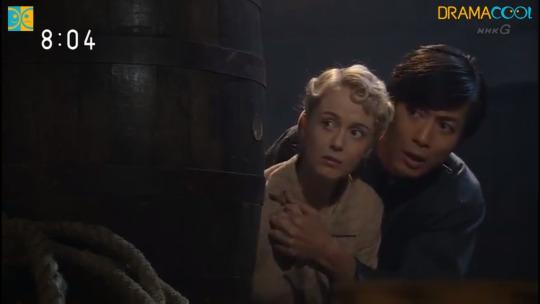
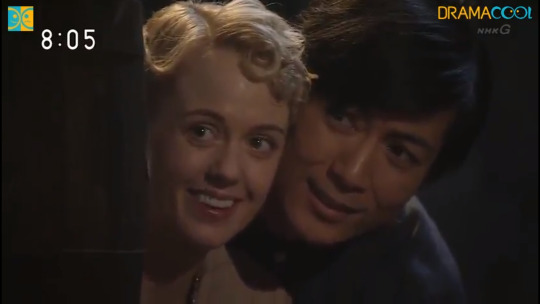
#THEM#ellie x massan#massan#asadora#jdrama#japanese drama#cuties#love how they pull the strings and then they secretly observe the stage play they created XD#both are so annoying i cant XD#massan asadora#ok but i love them so much#they are precious#but still annoying#chaotic idiots in love playing cupids
2 notes
·
View notes
Text











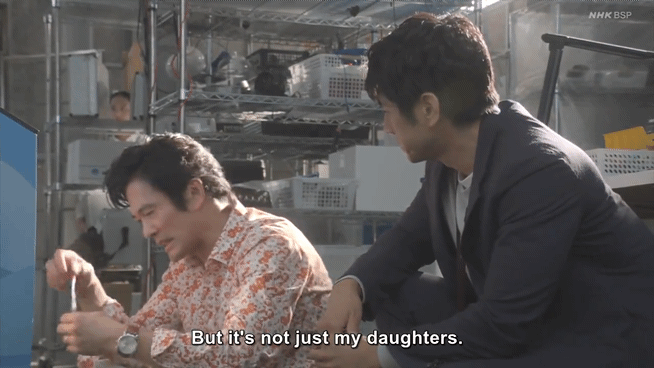












Okaeri Mone [2021] EP 68-70 Part3 END
P1 /P2 / P3
#Okaeri Mone#gifs#asadora#series#j series#j drama#series gifs#hidetoshi nishijima#nishijima & uchino#uchino#uchino seiyo#seiyo uchino#masaaki uchino#uchino masaki#masaki uchino#nishijima hidetoshi
1 note
·
View note
Text
End of year drama challenge 2024 edition
literally no one cares but i might as well finish this
Day 22: A 2024 drama that deserves the hype
both of these lived up to the hype, especially ossan's love! i didn't expect to like it so much considering i usually hate sequels. in fact i thought it was even better than the first season.


Day 23: An innovative drama you watched in 2024
uh idk how to answer this prompt. everything has been done before i rarely see anything new in the drama scene so probably nothing? </3
i guess i can at least appreciate how Isobe Isobee Monogatari: Ukiyo wa Tsurai yo (2024) doesn't strictly follow the source material. they did their own thing every now and then which i really liked <3
Day 24: Favourite costumes of 2024
nothing comes to mind but can i just say the fashion in Doctor Climax (2024) was gorgeous
Day 25: Favourite romance of 2024
not exactly my favorite show but whenever i hear the word romance this scene pops up in my head. their power
Day 26: Most disappointing drama of 2024
the ones in my heart 😍😍😍















Day 27: A 2024 drama too few people watched
uh this special Haha no Matsu Sato (2024) only has 38 watchers on mdl 😭😭 drukenimp we failed u

Day 28: Something you want to see more in dramas
i would like to see ACTUAL symbolism and metaphors in 2025. no more lazy allegory about capitalism please!!! it's so overdone and most of the time it's so basic!!! there's no subtlety there's no clever writing there's no hidden messages woven into the story!!! most of the time they show it right to your face!!! and there will be 347598 tiktokers who will talk about "how squid game is a commentary on capitalism in its undertones" SHUT UP
Day 29: A 2025 drama that you're excited for
the 2025 asadora starring imada mio (and her on screen hubby kitamura takumi)!!!!!

Day 30: Was 2024 a good drama for you?
yes! every year is a good drama year to me
Day 31: Favourite drama of 2024
im still very much high on Light Shop so ill say that. the scene where [........] dropped the light ball changed my life trajectory 😭 but the one that will probably last the longest in me is probably Futekisetsu ni mo Hodo ga Aru!
8 notes
·
View notes
Text

#kanna hashimoto#hashimoto kanna#橋本環奈#jactress#j-actress#japanese actress#omusubi#rice ball#jdrama#j-drama#japanese drama#asadora drama#behind the scene#behind the scenes
7 notes
·
View notes
Text


Imada Mio in the upcoming asadora jdrama, Anpan (2025)
She still looks like Miyo from My Happy Marriage! 😂 They picked the right actress for that live adaptation movie! 🥰
#imada mio#mio imada#anpan#あんぱん#japanese drama#asadora#period drama#jidaigeki#japan#my happy marriage#Watashi no Shiawasena Kekkon
7 notes
·
View notes
Text
Heard the funniest line in an NHK asadora (morning drama)…
“The only place where kids move to Tokyo and often write to their parents is in NHK asadoras”

9 notes
·
View notes
Text









澪つくし (1985) Episode 100 Subtitles by narai225
#ep 100 everybody say congratulations to ME for being so diligent with this 🥰#thank u whoever remastered this drama look at the quality mwuah#sawaguchi yasuko#沢口靖子#kawano taro#川野太郎#mio tsukushi#miotsukushi#澪つくし#asadora#朝ドラ#asadoraedit#jdrama#jdramasource#jdramaflow#olddramas
9 notes
·
View notes
